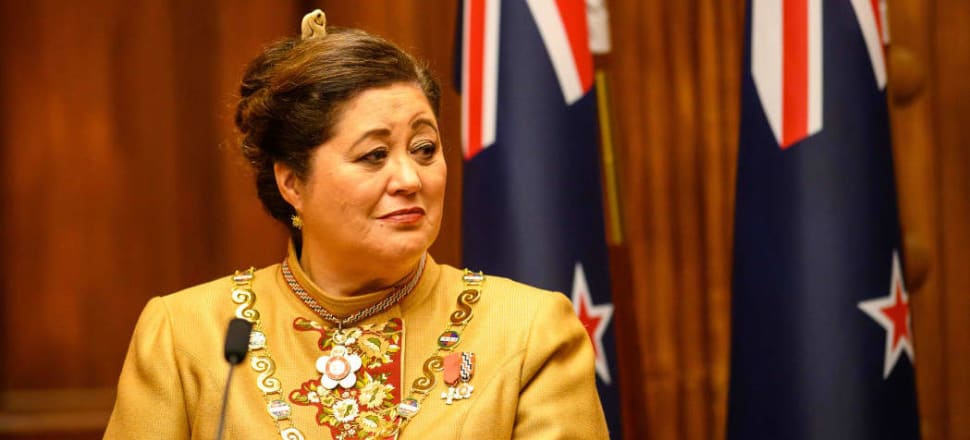
NZ-born scientist Professor Sean Davison has only one remaining path to clear his name for helping his cancer-ridden mother take her own life: a Parliamentary law change.
Sean Davison will walk out of the Cape Town High Court tonight, after completing a three-year home detention sentence for assisting three seriously disabled South African men to take their own lives.
On the courtroom steps, the New Zealander is expected to tell waiting media that he is now free to continue his international campaign for the right to die with dignity.
But he is not entirely free: he still has an additional five-year suspended sentence that will return him to detention if he reoffends. He will be seeking a pardon from the South African president.
READ MORE:
► Exclusive extract: ‘Help to die in order to end their hell on earth’
► Calls to pardon those who help dying friends end their lives
► ‘I do acknowledge the anguish you must have felt’ – Justice Minister
► Plea to NZ Governor-General for presidential-style pardon
And crucially, at the suburban Cape Town home where he, his wife Raine and their three young children live, there was a letter from New Zealand Governor-General Dame Cindy Kiro awaiting him last night.
She has declined his application for a Royal pardon of his 2011 conviction for assisting his elderly, cancer-ridden mother Dr Patricia Davison to take her own life with an overdose of morphine.
"This really is the end of the pardon journey in New Zealand," he tells Newsroom today. "However, I will be applying for a pardon in South Africa. This can only be done after a sentence is finished."
Alice Ropata, Official Secretary to the Governor-General, wrote that the Justice Minister had advised the Governor-General "that it would be constitutionally inappropriate to grant a pardon in your case".
"Her Excellency the Governor-General has considered and accepted the minister’s advice," Ropata wrote. "Accordingly, the Governor-General has declined your application for a pardon."
That leaves Davison with just one slim hope: that Parliament may pass a law to expunge the criminal records of those, like him, who aided the suicide of a chronically or terminally ill loved one. That law would be similar to the Criminal Records (Convictions for Historical Homosexual Offences) Act 2018, that expunged the records of men who had historic convictions for gay sex.
In a 35-page report into Davison's plea for a pardon, the Ministry of Justice commented on existing legislation in which Parliament had accepted there was justification to expunge the convictions of specified classes of offenders for rehabilitative or compassionate purposes, Ropata said.
"Such legislation, said the ministry, illustrated that if a government considered there were very persuasive reasons to intervene in the criminal justice system to excuse a class of offenders, the constitutionally appropriate mechanism would be to a promote a statute of general application for consideration by Parliament."
Jo Bennett, Davison's younger sister in New Zealand, was not surprised to see the Governor-General decline him a pardon. "Kris Faafoi made it clear that very strict criteria were needed to be met for an assisted death," she said. "Sean and mum didn’t meet the standard.
"I believe that, in time, Sean’s conviction will be expunged – but it’s still early days for a bill. Very frustrating but understandable."
In 2018, Davison was deregistered by the New Zealand Medical Sciences Council, because of his convictions in both countries. That means he cannot work here in his profession.
"It does limit Sean’s work opportunities in NZ, which is worrying," Bennett said. "I think if he could get here he would find work – most people are sympathetic to what he has gone through."
Davison, in his new book published this week, indicates he and his family will look to live and work elsewhere. He no longer feels welcome, with police indicating they are investigating further charges against him.
"I think the real concern at the moment is what’s happening at the South Africa end," Bennett said. "I just want him out!"
Helpline services are available right now in New Zealand that offer support, information and help for you and your parents, family, whānau and friends. All the services listed here are available 24 hours a day, seven days a week unless otherwise specified.
► Need to talk? Free call or text 1737 any time for support from a trained counsellor.
► Lifeline – 0800 543 354 (0800 LIFELINE) or free text 4357 (HELP).
► Suicide Crisis Helpline – 0508 828 865 (0508 TAUTOKO).
► Healthline – 0800 611 116
► Samaritans – 0800 726 666







